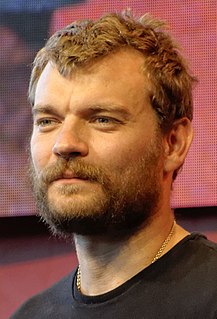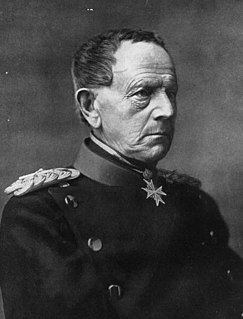A Quote by Robin Wasserman
I spent most of my teen years trying to figure out the rules of life, theories for why things happened, why people behaved as they did, and mostly I came to the conclusion that either there were no rules, or the rules sucked. Reading science fiction wasn't about imagining myself into some more exciting life filled with adventure, it was about finding a world where things worked the way I wanted them to.
Quote Topics
About
Adventure
Behaved
Came
Conclusion
Did
Either
Exciting
Exciting Life
Fiction
Figure
Filled
Finding
Happened
Imagining
Life
More
Most
Mostly
Myself
No Rules
Out
People
Reading
Rules
Rules Of Life
Science
Science Fiction
Some
Spent
Sucked
Teen
Them
Theories
Things
Things Happen
Trying
Wanted
Way
Were
Why
Why Things Happen
Worked
World
Years
Related Quotes
The good thing about rules is if you have to do an interview, and you make some rules for that interview, like, "I can only ask him about five years of his life or her life," it narrows down your story. It's the same thing with acting. In my profession, if I say, "These are the rules for this character," all of the sudden, you create life.
In my own field, x-ray crystallography, we used to work out the structure of minerals by various dodges which we never bothered to write down, we just used them. Then Linus Pauling came along to the laboratory, saw what we were doing and wrote out what we now call Pauling's Rules. We had all been using Pauling's Rules for about three or four years before Pauling told us what the rules were.
Strategy is a system of makeshifts. Is is more than a science. It is bringing knowledge to bear on practical life, the further elaboration of an original guiding idea under constantly changing circumstances. It is the art of acting under the pressure of the most demanding conditions...That is why general principles, rules derived from them, and systems based on these rules cannot possibly have any value for strategy.
In my movie, "Death By China," it shows Bill Clinton in 2000 promising that when China got into the World Trade Organization we would be making products here and selling them there, and life would be great. Just the opposite has happened. And here's why this has been so devastating - China went into the World Trade Organization and agreed to play by certain rules. Instead, it's violated these rules. For 15 years, it continues to illegally subsidize its exports.
I used to think that when I grew up there wouldn't be so many rules. Back in elementary school there were rules about what entrance you used in the morning, what door you used going home, when you could talk in the library, how many paper towels you could use in the rest room, and how many drinks of water you could get during recess. And there was always somebody watching to make sure. What I'm finding out about growing older is that there are just as many rules about lots of things, but there's nobody watching.
The book, '12 Rules For Life,' is a very serious book. There's elements of humor in it, but I'm trying to struggle with things at the deepest possible level and to explain to people why it's necessary to live a upstanding and noble and moral and truthful and responsible life, and why there's hell to pay if you don't do that.
One of the horribly frustrating things about writing feature films is the rules everyone applies and says, 'You have to do this by the end of the first act and by the end of the second act you must introduce this.' As if there were rules to life or telling a story or the ways things happen, which of course there aren't.
I wanted to know why people follow rules blindly, or why girls had to act a certain way and boys didn't. Why could boys ask girls out and girls not ask guys out? Why did girls have to shave their legs and guys didn't? Why did society, like, set everything up the way they did? My whole adolescence was full of unanswered whys. Because they never got answered, I just kept lighting fires everywhere - metaphorically speaking.





































